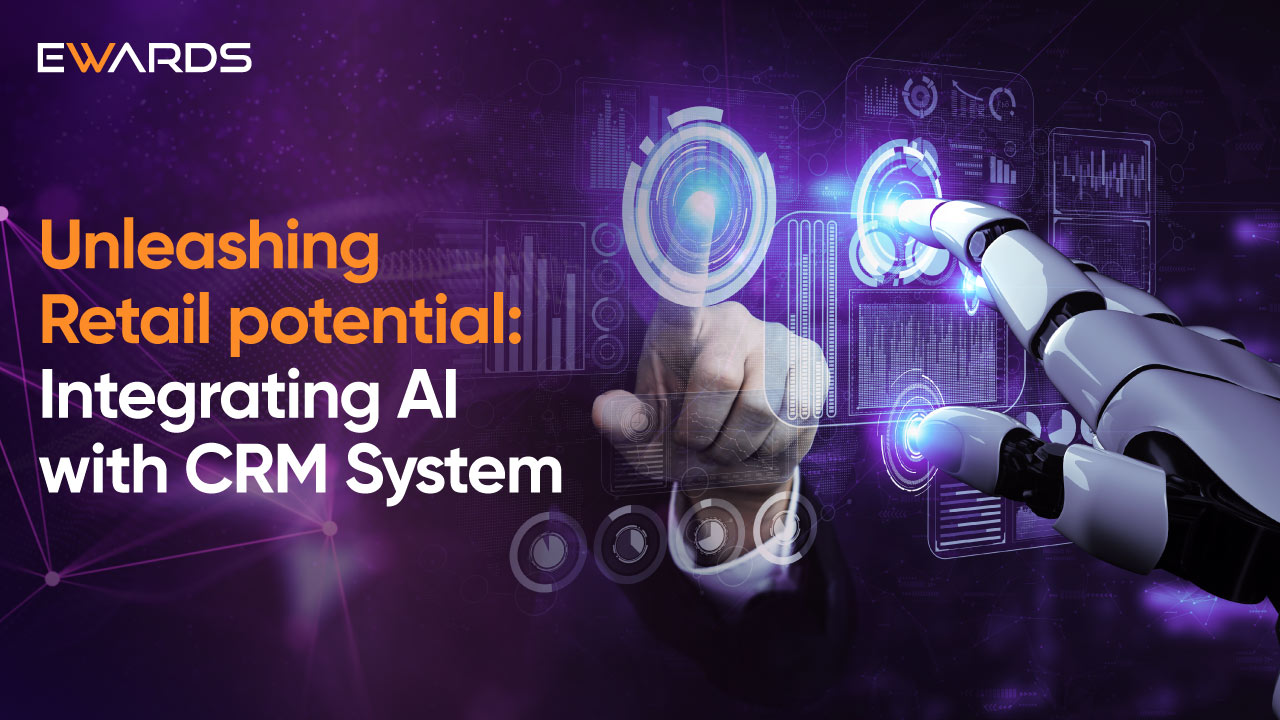
Introduction
The retail industry is witnessing a revolutionary shift with the integration of Artificial Intelligence (AI) into Customer Relationship Management (CRM) systems. This blend of technologies is reshaping how retailers manage customer interactions, analyze data, and enhance sales strategies. This article explores how AI impacts CRM within the retail sector, using real-life case studies and robust data analysis for support.
Enhancing CRM with AI: Operational Efficiency and Personalization
AI significantly boosts CRM capabilities by automating data processing, personalizing customer interactions, and predicting future buying trends. For retail businesses, this means enhanced personalization through AI algorithms that analyze customer data to provide customized marketing messages and product recommendations. Moreover, AI automates routine tasks, reduces human error, speeds up processes, and employs advanced predictive analytics to predict customer behaviors, aiding in effective inventory management and targeted marketing strategies.
In the evolving landscape of retail marketing, integrating Artificial Intelligence (AI) with Customer Relationship Management (CRM) systems significantly enhances customer engagement and operational efficiency.
- Personalization at Scale: AI-driven CRM systems analyze extensive customer data to deliver highly personalized marketing, making recommendations based on individual customer behaviors and preferences. This tailored approach increases engagement and sales by ensuring that offers are relevant to each customer.
- Automating Customer Interactions: AI-powered chatbots and virtual assistants handle routine customer queries within CRM systems, improving response times and allowing staff to focus on more complex issues. These intelligent systems learn and evolve from each interaction, enhancing their effectiveness over time.
- Enhancing Customer Insights: AI tools offer a comprehensive view of customer data across multiple touchpoints, providing deep insights that help retailers create more targeted and effective marketing strategies. This leads to improved customer loyalty and increased sales.
- Optimizing Inventory and Demand Forecasting: AI integration helps retailers predict customer demand more accurately, manage inventory more efficiently, and reduce costs. Real-time data analysis enables businesses to adjust inventory levels based on actual sales trends.
Transforming Retail through AI-CRM Integration
The integration of AI into CRM systems provides retailers with deep insights into customer behaviors and preferences, enabling the development of targeted marketing strategies and personalized customer experiences. Retailers are now better equipped to meet the specific needs of their customers, leading to increased customer retention and higher sales figures.
Real-Life Success Stories in Retail
Walmart’s Inventory Management
Walmart has leveraged AI to transform its inventory management and customer service processes. By using AI to predict which products will be in demand, the retail giant has been able to optimize stock levels and reduce waste, leading to increased efficiency and customer satisfaction
Sephora’s Virtual Artist
Sephora’s Virtual Artist app uses AI to allow customers to try on different makeup products virtually. This personalized shopping experience has enhanced customer engagement and increased sales by providing tailored recommendations based on user preferences.
Starbucks’ Personalized Recommendations
Starbucks uses an AI-driven CRM system to provide personalized marketing messages and product recommendations to its customers. By analyzing customer preferences and purchase history, Starbucks can target individual customers with offers and products they are most likely to purchase, significantly boosting customer loyalty and sales.
The North Face’s Expert Personal Shopper
The North Face implemented an AI-powered tool that helps customers find the perfect jacket for their needs by asking them questions about where and how they will use the jacket. This tool mimics a real-life expert shop assistant, providing personalized product recommendations based on customer responses.
Macy’s On Call
Macy’s introduced an AI-powered mobile web tool that assists customers as they shop in-store, providing information on product availability, department locations, and promotions. This service enhances the shopping experience by making it easier for customers to find what they need, improving overall customer satisfaction and driving sales.
Nike: A Step Ahead with AI
Nike’s CRM strategy includes an AI-powered app that tracks customer activity and preferences to personalize marketing messages and product recommendations. This targeted approach results in higher engagement and customer retention.
High Street Retail Chain
A prominent high-street retail chain implemented AI in their CRM to personalize customer interactions. The AI system analyzed purchase history and customer feedback to tailor offers and recommendations. Consequently, the chain saw a 25% increase in customer retention and a 15% rise in sales within six months.
E-commerce Giant
An e-commerce giant used AI-powered CRM for predictive analytics, forecasting trends, and managing inventory based on predicted customer demands. This led to a 30% reduction in overstock costs and a 20% improvement in customer satisfaction scores due to timely and relevant product availability.
Conclusion
AI integration within CRM systems is proving to be a game-changer in the retail industry, enabling businesses to operate more efficiently and engage with customers on a more personal level. Retailers who embrace this technology gain a competitive edge, enhancing customer satisfaction and driving growth. This shift is not merely a trend but a substantial move towards smarter, more customer-centric business practices that many can adopt for greater success in a digital-driven market.